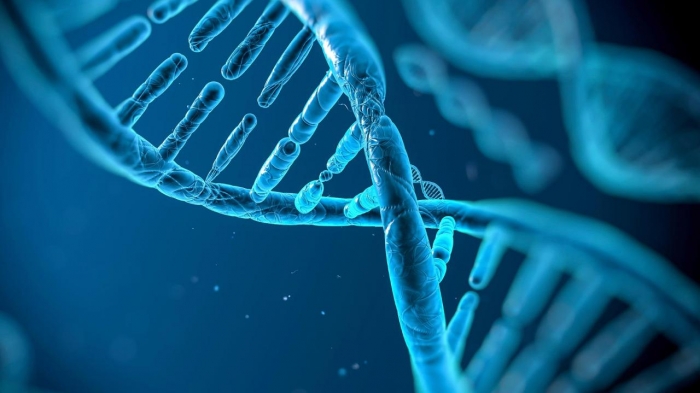A new method developed by doctors at the Great Ormond Street Hospital in London presents a hopeful solution. The team has successfully tested their method on two infants with an aggressive form of leukaemia.
In a study published in the journal Science Translational Medicine, the doctors reported their treatment has succeeded in keeping the two infants cancer-free for 16 and 18 months, respectively.
The team combined a novel but promising cell therapy called chimeric antigen receptor T cell (CAR T) with a gene-editing technique called TALENS.
The former uses the patient's immune system to fight cancer, while the latter is a gene editing tool that allows for direct manipulation of the patient's genes.
In a CAR T cell therapy, specialised immune cells (T cells) are taken from a patient's blood and given special surface receptors called CARs. Once ready, the CAR T cells are infused back into a patient's blood, where they can attach to tumours and destroy them.
Clinical trials have demonstrated the effectiveness of CAR T cell therapy, and it's worked well for blood cancers in previous studies.
However, as every set of T cells must to be tailored to each individual patient, it's proven to be a tedious and expensive process. Gene-editing, however, would help make it easier to develop universal T cells.
In the study, the doctors made four genetic changes to T cells from donors, which they hoped would prove successful for treating their young patients' cancers.
Prior to receiving the new treatment, however, both infants were already given chemotherapy and received stem cell transplants. This make it difficult to ascertain how much the novel treatment actually contributed to the infants' remission.
As Stephan Grupp from the Children's Hospital of Philadelphia told MIT Tech Review, "There is a hint of efficacy but no proof. It would be great if it works, but that just hasn't been shown yet."
Still, this doesn't mean that the combined CAR T cell therapy and TALENS method isn't promising, and one day if the treatment is perfected, it could potentially lead to cancer cures.
Gene-editing is the key, as it allows for CAR T cells to do their job efficiently by preventing the risk of rejection and adding signature receptors that seek out and attack tumours.
The British test used TALENS, but other clinical trials of this method combines CAR T with the more popular and easier to use CRISPR gene-editing tool.
All that being said, it will still take time and many more trials before this treatment combo could be made available to more patients, or even patients with cancers other than leukaemia.
More about: #cancer
















































